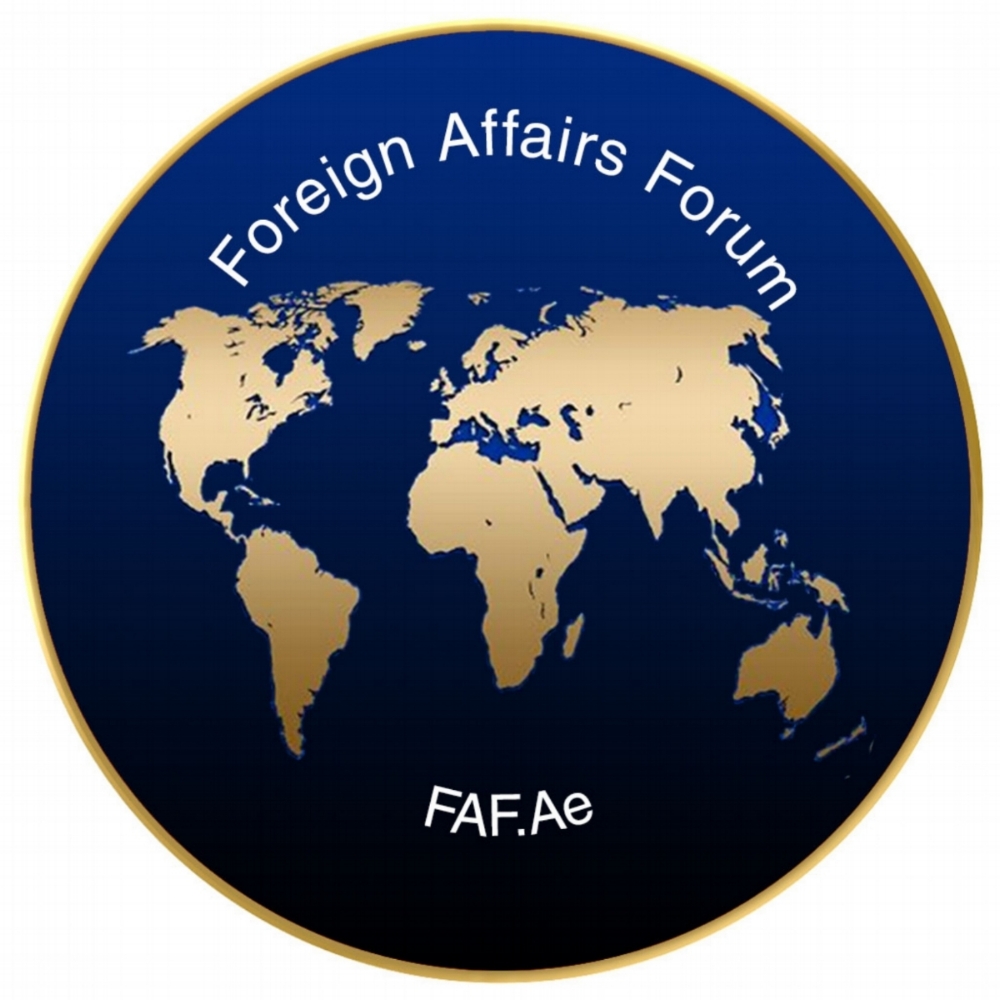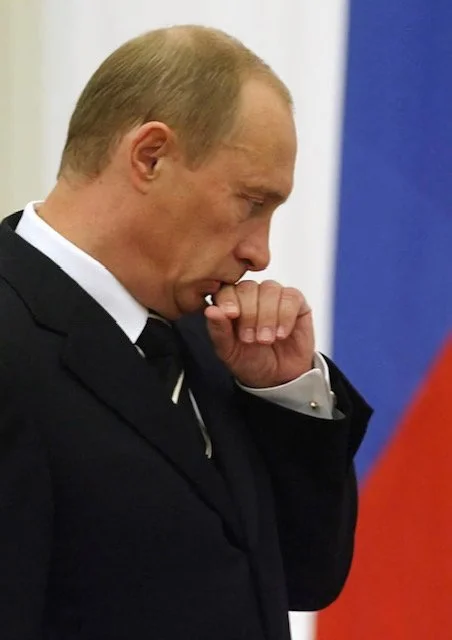Vladimir Putin. The Man who changed the fate of the world. History of a leader Anounced
Vladimir Vladimirovich Putinis the actual President of the Russian Federation, holding his office since 2012, when he was elected for the third time, succeeding Mr. Medvedev.
He began his career as a KGB foreign intelligence officer for 16 years, before retiring in 1991 to enter politics. Putin has enjoyedthe highest domestic approval ratings during his career, and received extensive international attention as one of the world's most powerful leaders.TIME magazine elected him as Person of the Year in 2007, later in 2015 he was elected no. 1 on the Time’s Most Influential People List, whereas Forbes magazine ranked him the World’s Most Powerful Individual four times in a row, from 2013 to 2016, for “he gets what he wants”. Newly elected President of the United States is only second in global ranking.Any international leader embodies an aura of powerand strength as he actually does.
Most influential factors in Russia’s Foreign Policy under President Putin
Various changes took place in Russian foreign policy since Vladimir Putin became president, back in 1999. There is a mix of internal causes and external, or else exogenous factors,who determined the course of Russian foreign policy. It is not sufficient to focus on foreign policy itself only, because it is a mirror of domestic policy, and it is driven by it.
Before explaining how Russian foreign policy has changed so frequently since Mr. Putin became President, it is mandatory to clearly understand that foreign policy in Russia is currently decided by President himself.
The reasons for such an extended power being concentrated in the hands of a single man are primarily historical. As a matter of fact, one of the main historical drivers of Russian foreign policy has been its struggle to bea great power. Throughout the centuries, Russians felt that the only way that Russia had to guarantee its security was by having a strong state capable of resorting to force, in case of necessity, to protect itself and its interests. The consequence, quite paradoxical, of such effort, has been the weakening of the Nation’s institutions, and consequently the establishment of a personalistic rule.
Back from the days of the Romanov, and up to nowadays, this sort ofpersonalistic rule has thus been the norm in Russia, with considerable amounts of power concentrated in the hands of one individual. This has led to decision-making, including in foreign policy, often being capricious.
The control over foreign policy in the hands of a single leader has remained constant in post-Soviet Russia, being legitimated by the Constitution of the Russian Federation, which allowsthe President the authority to govern the country’s foreign policy.
Important to notice, and definitely so far from all the Russian leaders who preceded him, that President Putin can exercise such an enormous amount of personal power, because of almost unconditional trust and love he gets from the majority of Russians. His preference rates are the among the highest ever seen for every past and present President worldwide.
Leftover of a great power
The situation in Russia following the collapse of the Soviet Union was dramatic, marked by economic depression, street crime, corruption, and an extremely violent fight among the oligarchs for winning control of former Soviet assets that were about to being privatized. That period was defined as “the greatest economic depression in peace time in modern world history”.
Since Putin came to power, by exploiting rising energy prices, but also thanks to his huge personal skills, he was able to re-establish a functioning state. The President promised he would put an end to the chaos and the corruption that had flourished under President Yeltsin, and that he would also restore Russia’s rightful place as an independent great power. In lieu of an almost uncontested authority, he wouldrestore security and economic prosperity, by giving its population reasons to be proud of their country,and by obtaining, in return, maximum trust and acceptance.
He definitely would see Russia to be backto its bygone splendor as an internationally influential player.
Man of Great Personality
As Dr. Dmitri Trenin, director of the Carnegie Moscow Center, a think tank, historian, political pundit and author, or else regional affiliate of the Carnegie Endowment for International Peace, said about President Putin: “ Russia’s political system is tsarist, and Putin is a present-day absolute monarch “.
A mention to his polyhedral character is necessary to fully comprehend his charismatic figure, which may consist of several various aspects, all different but clearly distinguished, and nevertheless each one so well harmonized with one another, that he developed because of the various experiences from both his past personal and professional life. Being himself a statist, a history man, and an outsider either,this sum of aspects made him play a significant role in shaping the foreign policy priorities and goals that President Putin has identified for Russia, as well as the methods he chooses to implement his policies and reach those goals. The fact that the President’s personal views on foreign affairs, shaped by his life experiences, became the pillars of Russian foreign policy, is the utmost demonstration thatthis is thefigure of a predominant leader,undeniably the most determinant agent of foreign policy change.
It is common belief that President Putin is the sole decision maker when it comes to foreign and security policy, or else the only decider on relevant matters of Russian foreign policy, with all decisions affecting present and future of his country.
His decisions are based on the strong will to put Russia’s national interests on top of his values and tasks. Hence, his views on international affairs, considering the country’s role and status it has to take globally, are of primary importance. Russia first. Russian interests first.
Conclusion
Over the past decade and a half, Vladimir Putin’s Russia hasbeenan economic dynamo, a basket case, an imperfect democracy, and a serial military aggressor - sometimes all at once.
Several of the world’s leading Russia experts analyzed the countryunder President Putin. The result is asharp portrait of country strong enough to demand attention and respect, proud of its history and traditions,rich enough to spend vast sums on pet projects, yet too corrupt and constrained to prosper as it would like on a global basis.
In a list ofthe country’s main tasks, there are a wide range of issues, including relations with the US and NATO, where Russia is interested in building mutually beneficial relations with the US, taking into account special responsibility of the two countries for international security. At the same time, Moscow does not accept attempts of pressure from Washington and reserves the right to firmly respond to unfriendly actions.
As per the situation with regard to fighting against terrorism, in particular, the Islamic State terrorist group, the key focus should be the creation of an international coalition.
Another topical issue is the reduction of armaments, where it is ready to discuss a phased reduction of nuclear arsenals and aspires to strengthen the regime of nuclear non-proliferation.
Development of relations between Russia and other countries, such asthe consolidation of position of Russia as one of the most influential centers of the modern world,thus ensuring of global security, stability and fair democratic international system, based on equitable and partnership relations between states, as well as the promotion of creation of networking alliances, are primary tasks.
Moscow will use new technologies to strengthen positions of Russian media abroad, and protectits information security, by taking all necessary steps to ensure national and international information security, as well as to counter threats to national, economic and public safety, using the most innovative information and communication technologies available, including internationalization of management of the Internet information and telecommunication networks.
The key issue of world politics is considered by Moscow as “one of the basic components of regional and global stability.”









